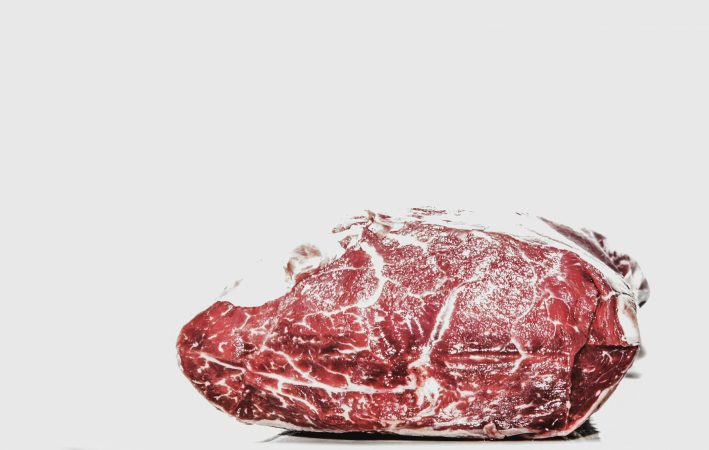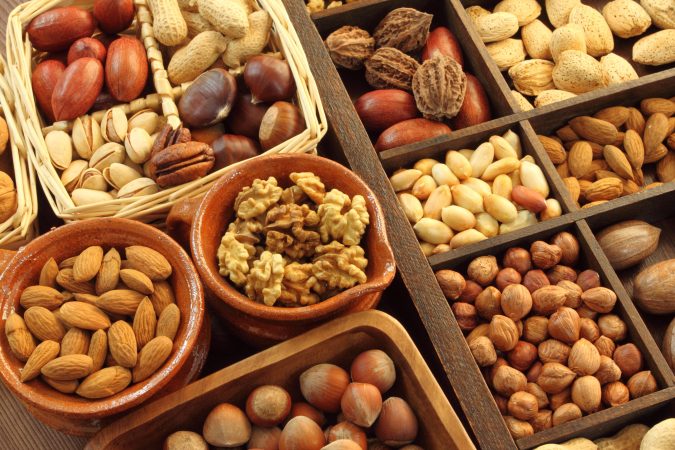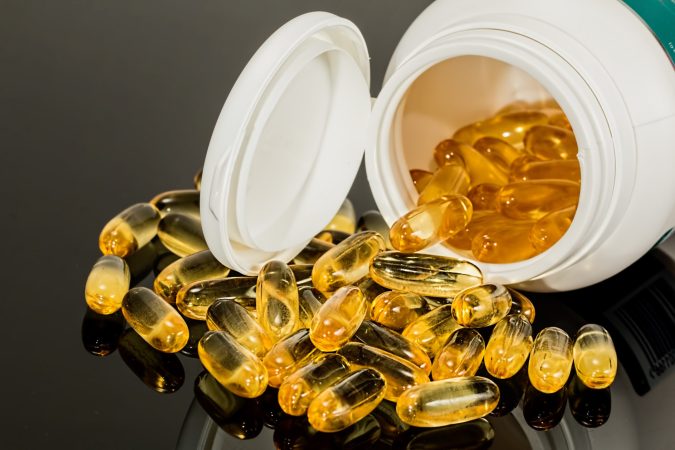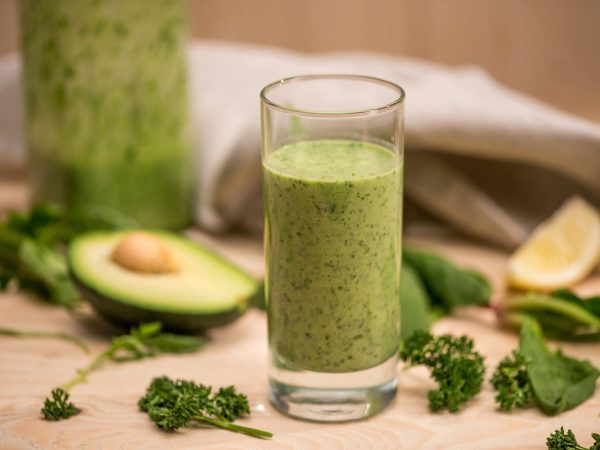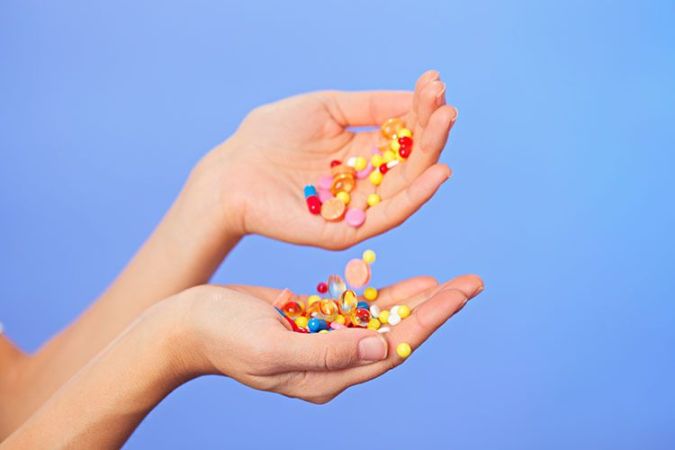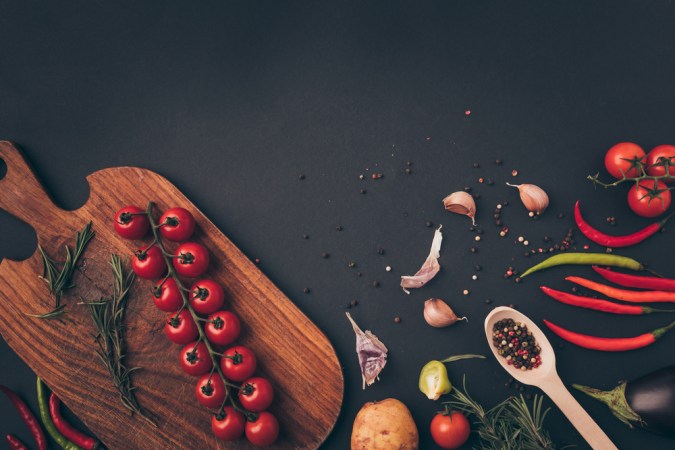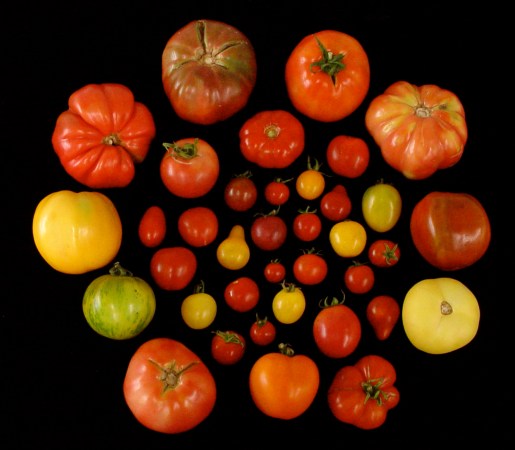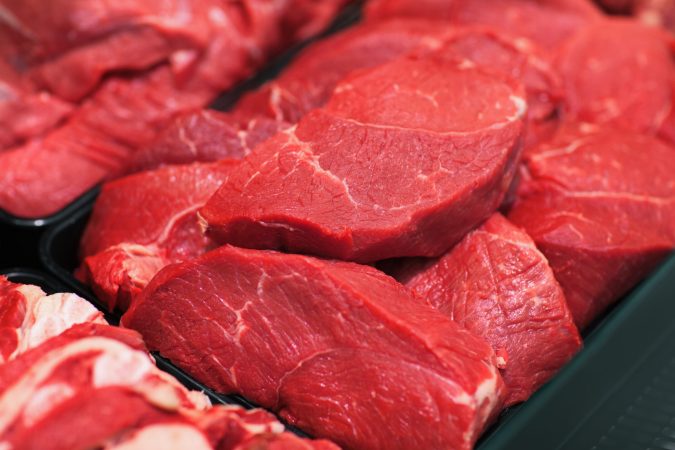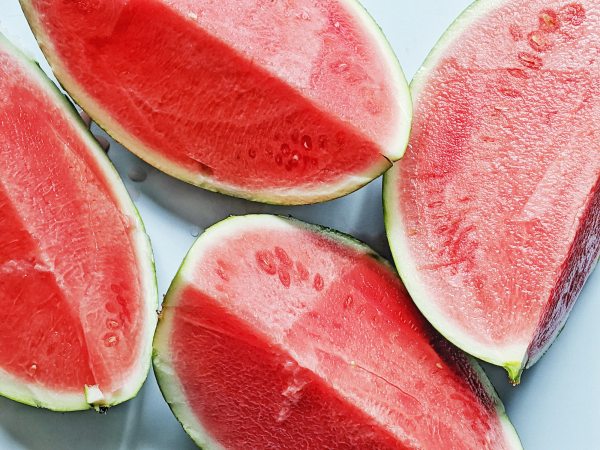

Here’s the confusing thing about vitamins: your life literally depends on them—but that doesn’t mean you need to take them. The best scientific evidence to date says you probably don’t need vitamins in pill form.
A recent systematic analysis of studies, published in the Journal of the American College of Cardiology came to that conclusion. So have multiple Cochrane reviews, which examine all the available evidence for and against vitamin supplements. So did this 2002 meta-analysis in the Journal of the American Medical Association, which investigated whether vitamins help prevent disease—they did not, except for patients who were deficient in certain areas.
And yet, if you do not get adequate amounts of the 13 essential vitamins, you will get sick and possibly die. You can get all of these from your diet, and in fact you probably do get enough from the foods you eat to make a daily multivitamin unnecessary. But this isn’t always true, and we know that chronic suboptimal vitamin intake can lead to illnesses like cancer, osteoporosis, and cardiovascular disease.
Unfortunately, taking a multivitamin with at least 100 percent of your recommended daily amount of every vitamin under the sun can be dangerous. Too much of fat-soluble vitamins can cause a toxic buildup in body fat, and too many antioxidants like vitamins A and E can paradoxically contribute to developing cancer—you actually need some free radicals (the molecules that antioxidants absorb) to kill bacteria and potential cancer cells.
“Something that we don’t recognize as consumers is how these 13 chemicals—and the way that they were marketed in the early part of the 20th century—completely revolutionized the way we think about food today,” Catherine Price told Popular Science in an interview about her book Vitamania. “They are miraculous because we need them to prevent diseases, but that was really taken advantage of by food marketers and the dietary supplement industry.” In the book, she argues that just because we need vitamins doesn’t mean that more is necessarily a good thing.
And it’s not. The National Institutes of Health notes that “some ingredients found in dietary supplements are added to a growing number of foods, including breakfast cereals and beverages. As a result, you may be getting more of these ingredients than you think, and more might not be better.” Too much vitamin A can cause liver damage and birth defects. Too much iron can lead to vomiting. And besides, they note, “supplements can’t take the place of the variety of foods that are important to a healthy diet.”
No article or Instagram influencer can tell you, an individual, whether you need supplemental vitamins. You’d need to go to a certified nutritionist (you can find one here) who can analyze your diet, or even to a physician who’ll do testing to evaluate your measurable vitamin levels. Barring that, though, your best bet is to think more carefully about where you get those 13 essential vitamins from. You’re perfectly capable of getting them all from your diet—assuming that you don’t have a disease that prevents you from properly absorbing them—so thoughtful groceries can easily replace that multivitamin. And getting your nutrition from whole foods is always better than getting it from a pill.
Here’s a guide to how to get all the vitamins you need:
Vitamin A
What it does: maintains healthy teeth and bones, mucus membranes, and skin
Where to get it: dark leafy greens, dark-colored fruits, egg yolks, fortified dairy product (some cheese, yogurts, butters, and creams—check the label), liver, fish, beef
Vitamin B1 (thiamine)
What it does: converts carbohydrates into energy, plus helps regulate heart function and nerve cells
Where to get it: eggs, lean meats (like chicken), nuts, seeds, legumes, organ meats, peas, whole grains
Vitamin B2 (riboflavin)
What it does: promotes production of red blood cells, helps other B vitamins to function optimally
Where to get it: eggs, organ meats, lean meats, milk, green vegetables, fortified grains and cereals
Vitamin B3 (niacin)
What it does: maintains healthy skin and nerves, can lower cholesterol
Where to get it: eggs, avocado, fish (especially tuna and other salt-water fishes), legumes, nuts, potatoes, poultry, fortified cereals and breads
Vitamin B5 (pantothenic acid)
**What it does: metabolizes/breaks down food, helps produce hormones and cholesterol (remember: you need some cholesterols!)
Where to get it: avocado, kale, broccoli, eggs, legumes, lentils, mushrooms, organ meats, poultry, sweet potatoes, whole-grain cereal, milk
Vitamin B6 (pyridoxine)
What it does: helps produce red blood cells, maintains brain function, mediates protein functions (you need more pyridoxine if you eat more protein)
Where to get it: avocado, banana, legumes, poultry, meats, nuts, whole grains
Vitamin B7 (biotin)
What it does: metabolizes protein and carbohydrates, helps produce cholesterol and hormones
Where to get it: egg yolks, legumes, milk, nuts, organ meats (especially liver and kidney), pork, yeast, chocolate, cereals
Vitamin B12
What it does: crucial for general metabolism, helps form red blood cells and maintain nervous system
Where to get it: eggs, meat, milk, organ meats (especially liver and kidney), shellfish, poultry, fortified foods (like soymilk) IMPORTANT NOTE: the body absorbs B12 better from animal sources than from plants, so if you’re a vegan or vegetarian a supplement is probably a good idea. Smaller doses taken multiple times a day are best, since your body can’t absorb large quantities all at once.
Vitamin C (ascorbic acid)
What it does: antioxidant, promotes healthy teeth and gums, helps absorption of iron, promotes wound healing
Where to get it: broccoli, brussel sprouts, cauliflower, cabbage, citrus fruit, potatoes, spinach, tomatoes, strawberries
Vitamin D
What it does: helps body absorb calcium
Where to get it: your body (humans produce it in response to exposure from the sun), but also fatty fish (salmon, herring, mackerel), fish liver oils, fortified dairy products and cereals Note: it’s hard to get enough of vitamin D from food alone, but 10-15 minutes of sunshine three times a week is enough for your body to produce all the vitamin D you need (you can also use a UV lamp)
Vitamin E
What it does: antioxidant, helps produce red blood cells, helps body use vitamin K
Where to get it: avocado, dark green veggies (spinach, asparagus, broccoli), oils (safflower, corn, sunflower), papaya, mango, seeds, nuts, wheat germ
Vitamin K
What it does: helps coagulate blood, may promote bone health
Where to get it: cabbage, cauliflower, dark green veggies (broccoli, asparagus, brussel sprouts), dark leafy greens (spinach, kale, collards), fish, liver, beef, eggs
Folate
What it does: works with B12 to produce red blood cells, required for DNA production (this is why pregnant women often take it to prevent birth defects like spina bifida)
Where to get it: asparagus, broccoli, beets, dried beans (pinto, navy, kidney, lima), leafy greens (spinach, romaine), oranges, lentils, peanut butter, brewer’s yeast, fortified cereals, wheat germ

